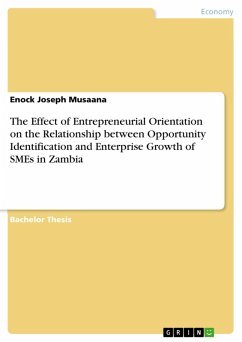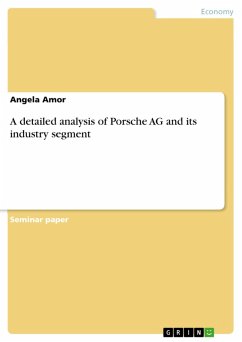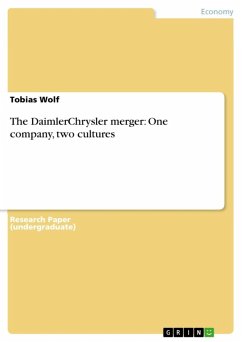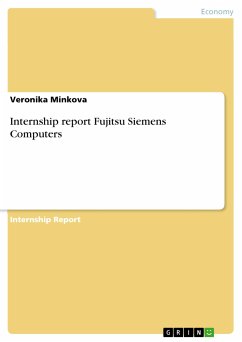Essay from the year 2008 in the subject Business economics - Miscellaneous, grade: 2,0, Berlin School of Economics, language: English, abstract: Today we have two major approaches when it comes to trade policies. The first block is promoting a free-trade policy. The main argument here is, that everyone is better off, if they were specialise in products in which they have a comparative advantage (Ricardian thinking). Against Ricardo's basic idea of free trade and comparative advantages argues the Prebisch-Singer thesis. The Prebisch-Singer thesis (referred to hereafter as P-S thesis) argues that especially developing countries are not better off by specialisation in that what they can do best. This thesis has shown that developing countries rather suffer from it specialisation of producing primary commodities than benefit from, at least when we talk about a time period of the last century. But this long-term deterioration in the commodity prices came to an end by the year 2002, where we have seen a tremendous comeback of the commodity markets. The prices of primary commodities such as wheat, cooper and crude-oil etc. have risen very sharply in the last years. The effect for many developing countries, which mainly produces such primary commodities benefits extremely from this recent development. Does this commodity boom means that the P-S thesis is not valid anymore or can we compare this recent boom in the primary commodity sector with the situation in the early 1970, where we could also see a sharp increase in commodity prices and after a while the primary commodity prices continues its long-term downward trend?
Dieser Download kann aus rechtlichen Gründen nur mit Rechnungsadresse in A, B, BG, CY, CZ, D, DK, EW, E, FIN, F, GR, HR, H, IRL, I, LT, L, LR, M, NL, PL, P, R, S, SLO, SK ausgeliefert werden.









